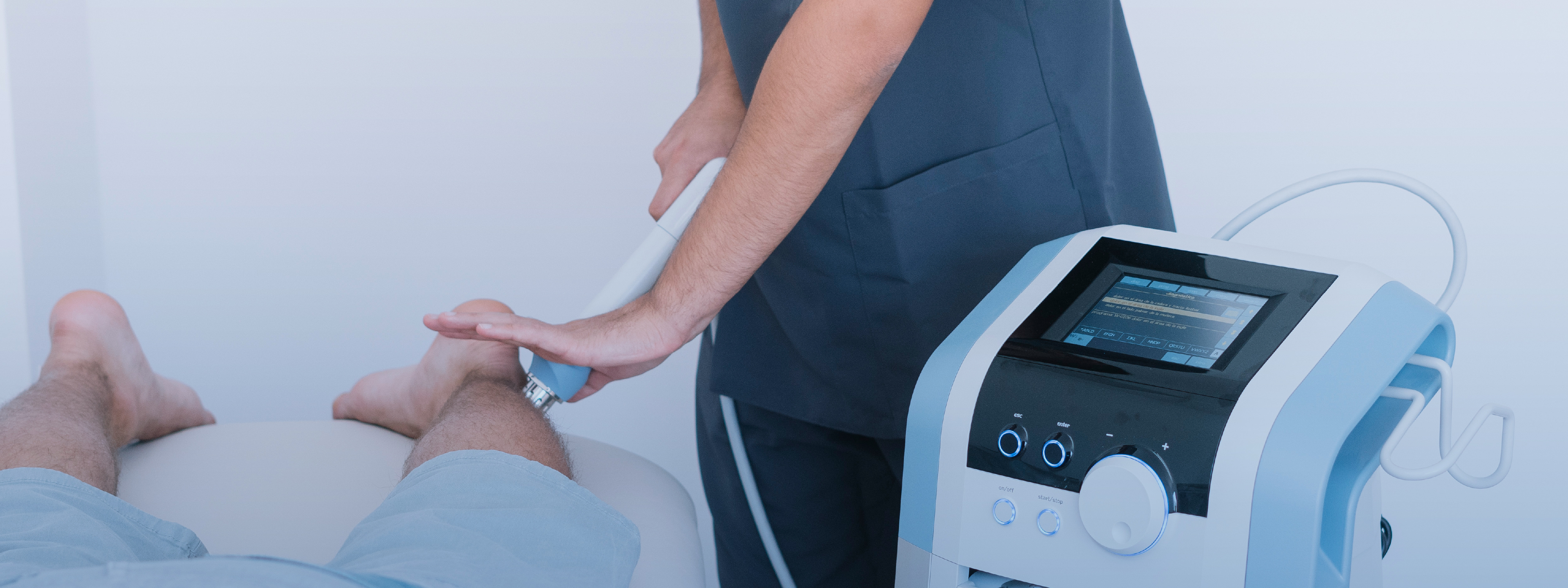 8+ years of exp
8+ years of exp
Languages
English, Urdu, Hindi and Basic ArabicClinics
HealthHub Day Surgery – Festival City

 8+ years of exp
8+ years of exp
HealthHub Day Surgery – Festival City